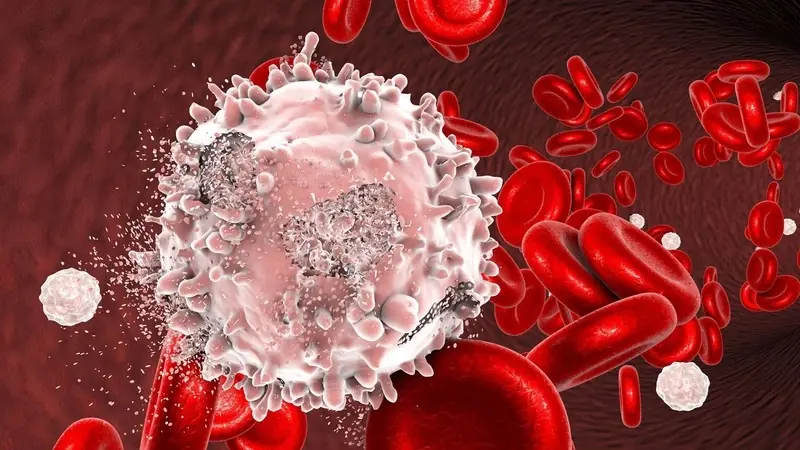
The Surprising Link Between Vitamin K and Brain Health: What New Research Reveals
The Surprising Link Between Vitamin K and Brain Health: What New Research Reveals
Recent scientific research has begun to uncover a lesser-known yet potentially vital player in brain health—vitamin K. Known primarily for its role in blood clotting and bone health, vitamin K is now emerging as a possible contributor to cognitive function and memory. A new study published in The Journal of Nutrition suggests that a vitamin K deficiency may impair brain function, particularly in areas related to learning and memory.
Vitamin K and Brain Function: What the Study Found
The study, led by Dr. David C. Hess and his research team, explored the effects of vitamin K on cognitive health using middle-aged mice. Researchers fed one group of mice a vitamin K-deficient diet, while another group received a standard diet rich in vitamin K. The goal was to assess whether low levels of this essential nutrient could lead to cognitive decline.
The results were striking. Mice that consumed less vitamin K performed worse on memory and learning tests, including the novel object recognition test and the Morris water maze, both commonly used to evaluate memory in animals. These mice showed delays in learning and difficulty recognizing new objects, indicating impaired spatial memory and cognitive performance.
Vitamin K’s Role in Neurogenesis and Brain Protection
One of the most significant findings was the impact of vitamin K on the hippocampus, a region of the brain responsible for memory formation. Mice with vitamin K deficiency had reduced neurogenesis, which is the brain's ability to produce new neurons. This decline may explain the memory impairments observed during testing.
In addition to reduced neuron formation, researchers also discovered increased levels of neuroinflammation in the brains of vitamin K-deficient mice. Inflammation and oxidative stress are known contributors to neurodegenerative diseases like Alzheimer’s. These findings suggest that vitamin K may help protect the brain from these harmful processes, potentially supporting long-term cognitive health.
Implications for Human Brain Health
Although the study was conducted in animals, the results raise important questions about how vitamin K intake might influence brain health in humans. If similar mechanisms apply, maintaining adequate levels of vitamin K could be a simple yet effective way to support mental clarity, memory retention, and overall cognitive function as we age.
However, researchers caution that further investigation is needed to understand the full effects in humans. Factors such as gender, age, and duration of deficiency may all play a role in how vitamin K impacts brain performance. Human clinical trials will be necessary to confirm these findings and determine optimal dietary recommendations.
Foods Rich in Vitamin K

To naturally support brain health through diet, consider consuming foods rich in vitamin K1 and K2, such as:
-
Leafy green vegetables (spinach, kale, collards)
-
Broccoli and Brussels sprouts
-
Fermented foods (like natto)
-
Egg yolks and dairy products
-
Liver and other organ meats
Final Thoughts
As the connection between diet and brain health becomes clearer, vitamin K is quickly gaining recognition as a critical nutrient for cognitive support. While more research is needed, especially in human populations, early evidence points to vitamin K’s role in maintaining healthy brain function, reducing inflammation, and possibly even preventing cognitive decline.
Maintaining a balanced, nutrient-rich diet that includes sufficient levels of vitamin K may not only benefit your bones and heart—but also your memory and mental sharpness for years to come.
News in the same category


Warning: If You Notice This Sign in Your Body, Go to the Hospital Immediately or It May Be Late-Stage Nasopharyngeal Cancer
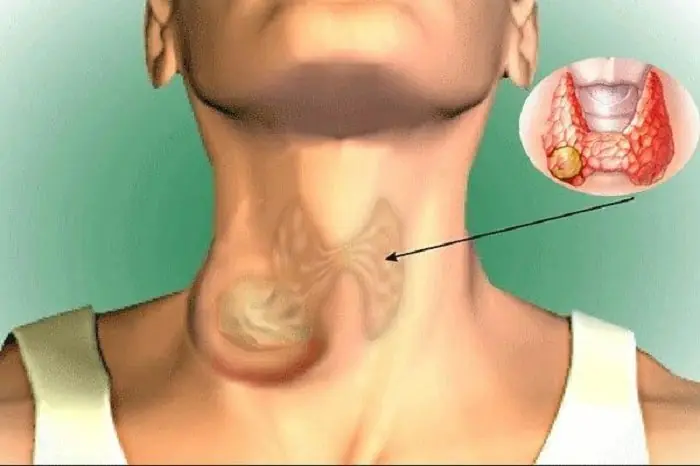
Self-Checking for Thyroid Cancer at Home with a Glass of Water: Thanks to That, I Discovered the Disease Early and It Was Easier to Treat
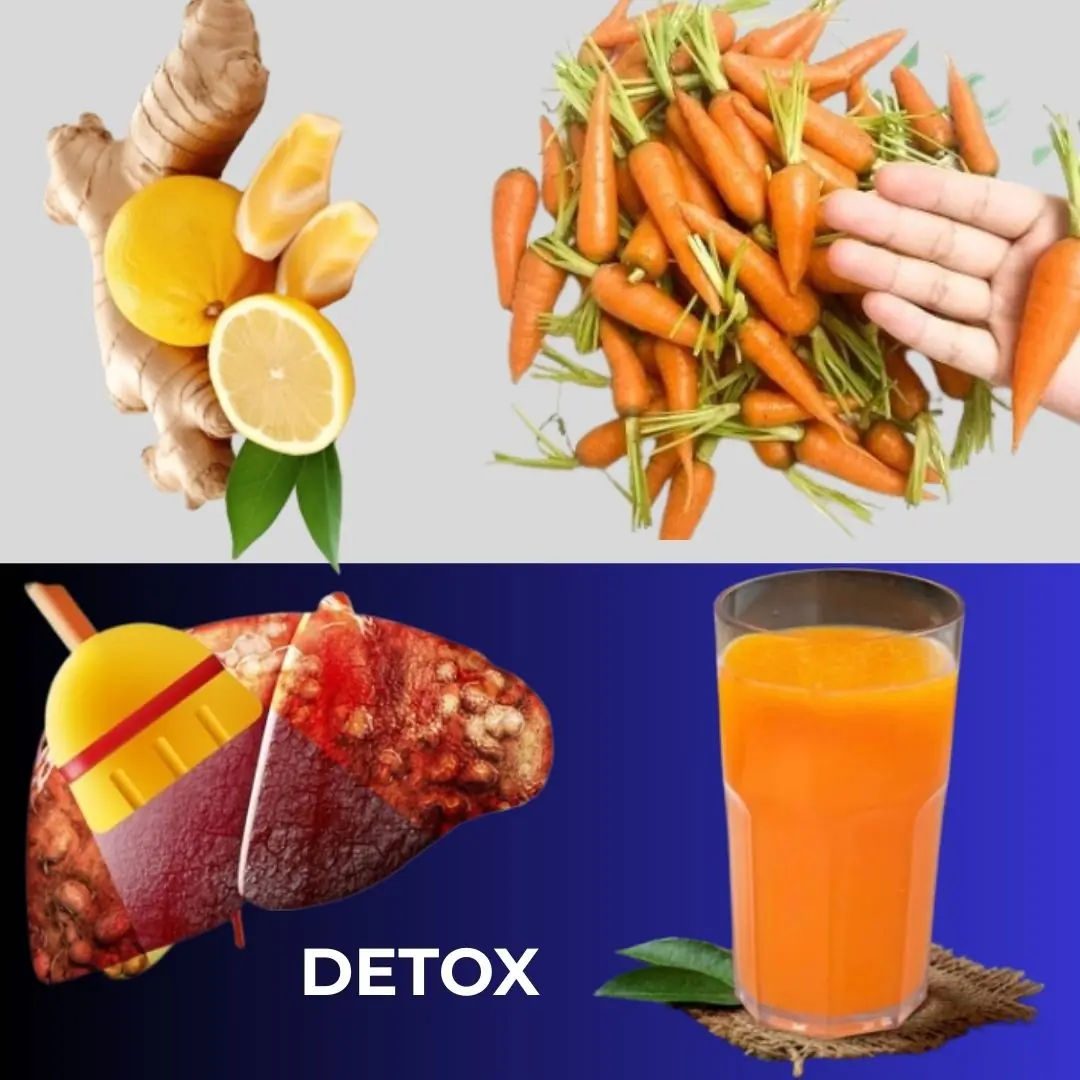
She Couldn’t Walk and Now Runs Like a Teenager!

🧄🌿 Kills Sore Throat and Inflammation – Cloves: Nature’s Antibiotic!

Crockpot Chicken and Noodles

🌟 Homemade Caramel Frappuccino 🥤: A Sweet, Creamy Coffee Treat You Can Make at Home!

The Best Pound Cake Ever: A Symphony of Flavors 🎂

Crispy Breaded Mushrooms: A Golden, Crunchy Delight
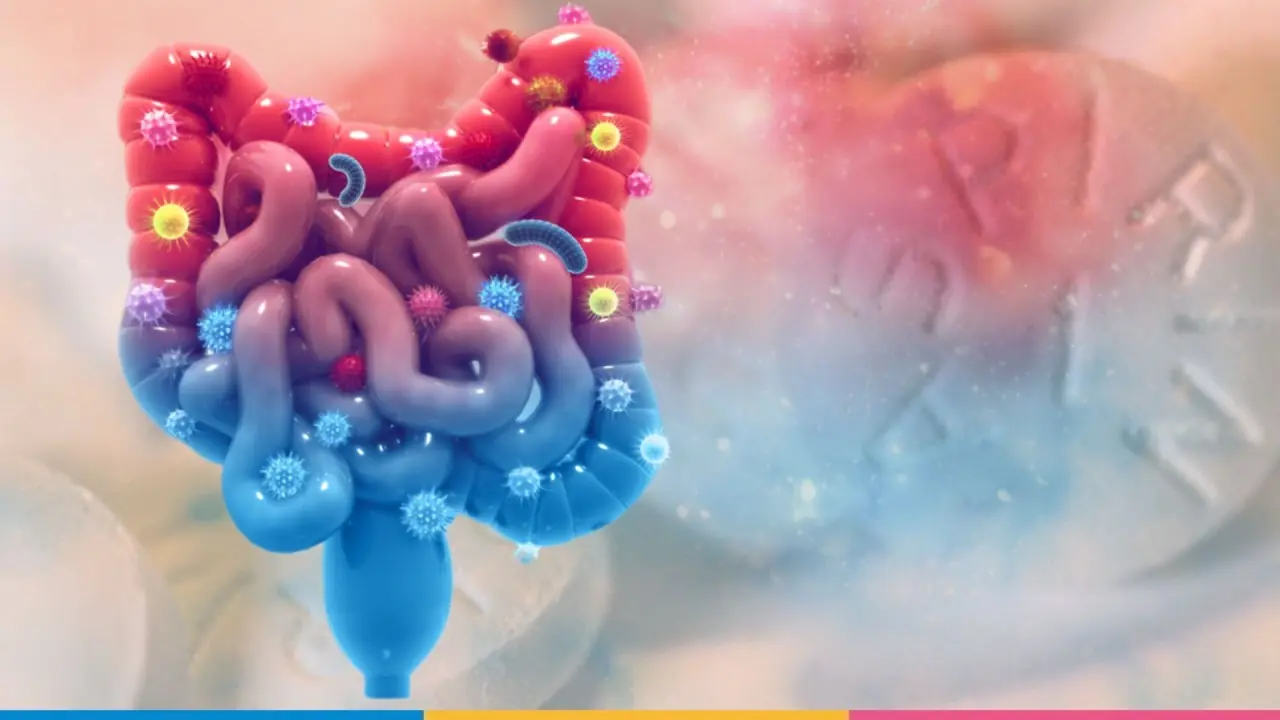
Low Vitamin D and Colorectal Cancer: What You Need to Know to Stay Protected
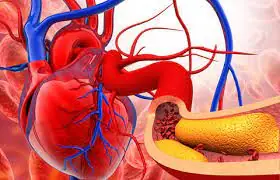
Understanding Cholesterol: The Good, the Bad, and How It Affects Your Heart
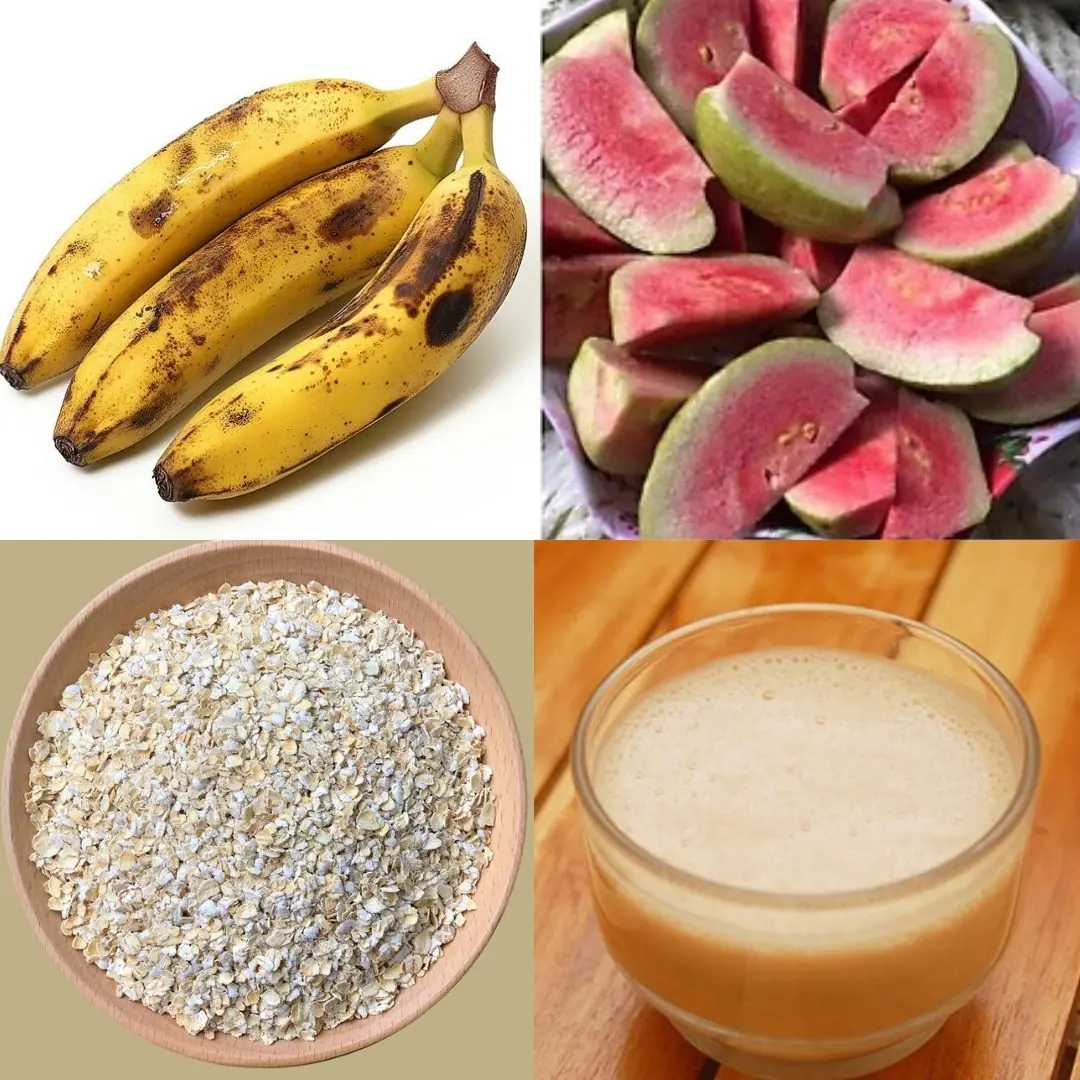
Oatmeal and Guava: A Natural Remedy for Leg Cramps, Diabetes, and High Blood Pressure

AVOID Bananas If You Suffer From These 5 Health Problems!

Doctors reveal how many times you should be able to swallow in 30 seconds to be 'healthy' and the results are shocking

Crockpot Sausage and Potatoes

A New Type of Drink Found to Help 'Push Back' Cancer: It’s Not Tea or Coffee

Not So Impossible Cheeseburger Pie

35-Year-Old Man’s Sore Throat Turned into Cancer After 5 Chemotherapy Sessions—Doctor Urges: Throw These 2 Things Out of Your Fridge

Eight Early Symptoms Found in 23% of Cancer Patients: Warning Signs That Should Not Be Ignored
News Post

A 36-Year-Old Man's Blood Turned Milky Like Pork Fat Due to a Habit Many People Do at Least Three Times a Day

Warning: If You Notice This Sign in Your Body, Go to the Hospital Immediately or It May Be Late-Stage Nasopharyngeal Cancer

Chipotle Ranch Grilled Chicken Burrito

Self-Checking for Thyroid Cancer at Home with a Glass of Water: Thanks to That, I Discovered the Disease Early and It Was Easier to Treat

She Couldn’t Walk and Now Runs Like a Teenager!

🧄🌿 Kills Sore Throat and Inflammation – Cloves: Nature’s Antibiotic!

Crockpot Chicken and Noodles

🌟 Homemade Caramel Frappuccino 🥤: A Sweet, Creamy Coffee Treat You Can Make at Home!

Don’t Eat Avocado Until You Know These 9 Things
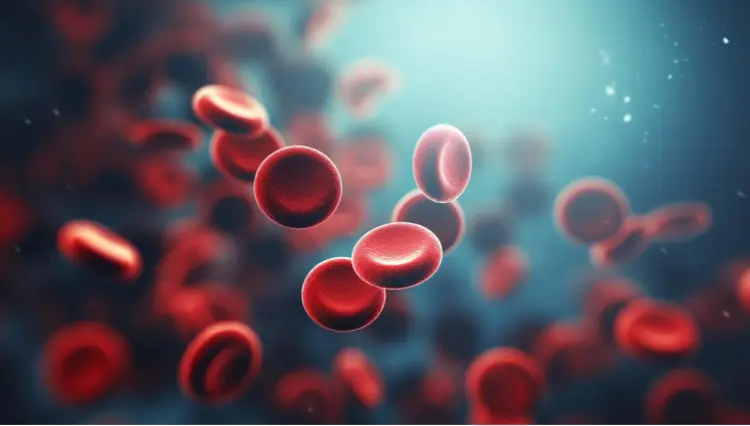
Attention, Parents! You May Want To Save Your Children’s Baby Teeth

If You See These Painful Red Bumps, You May Have Dyshidrotic Eczema

10 of The Worst Foods For Arthritis

The Best Pound Cake Ever: A Symphony of Flavors 🎂

Crispy Breaded Mushrooms: A Golden, Crunchy Delight

Low Vitamin D and Colorectal Cancer: What You Need to Know to Stay Protected

Understanding Cholesterol: The Good, the Bad, and How It Affects Your Heart

Creamy Strawberry Shortcake Dip

Homemade Vanilla Dessert Cream

